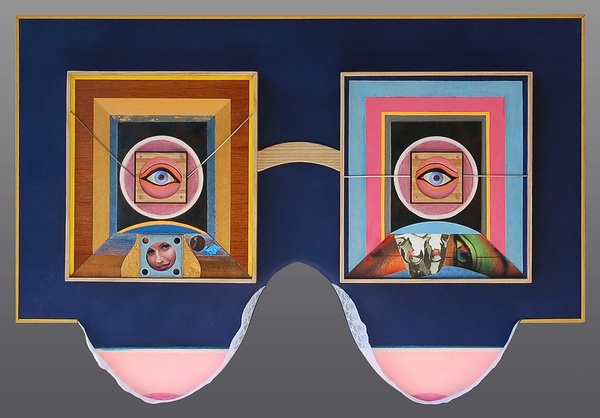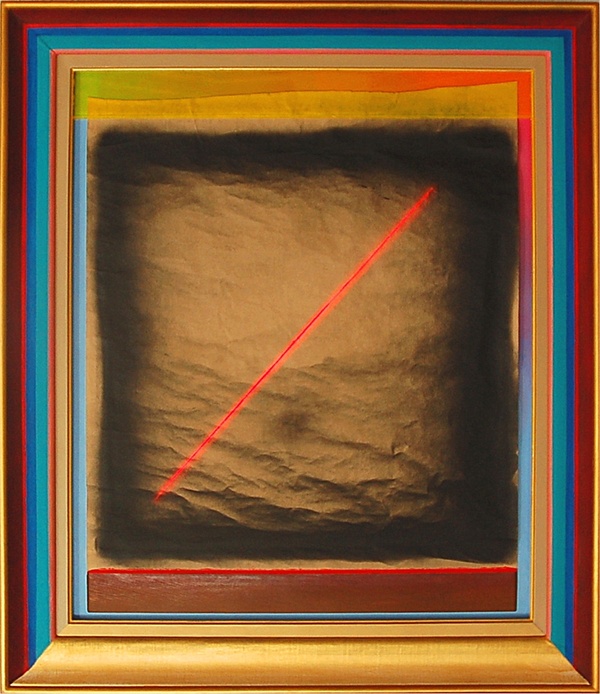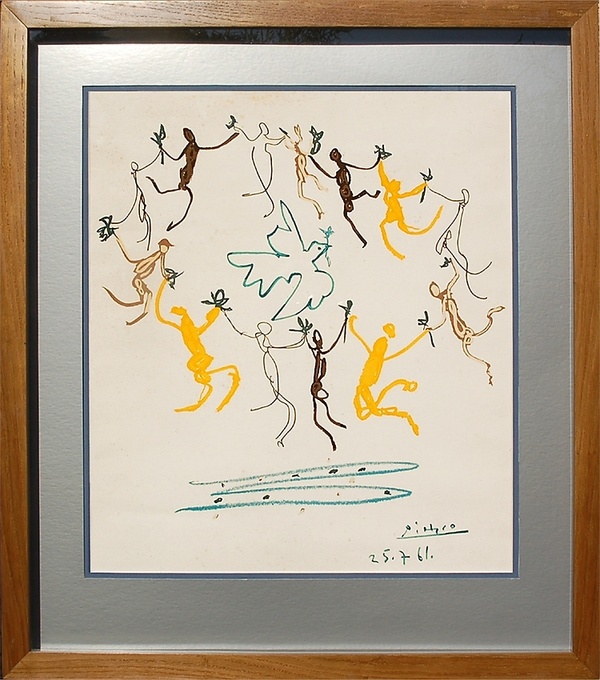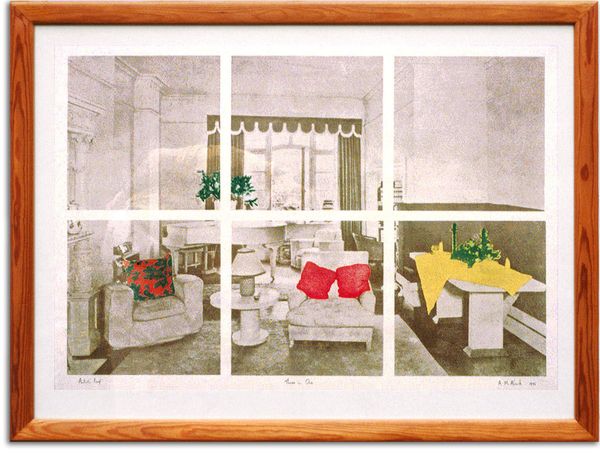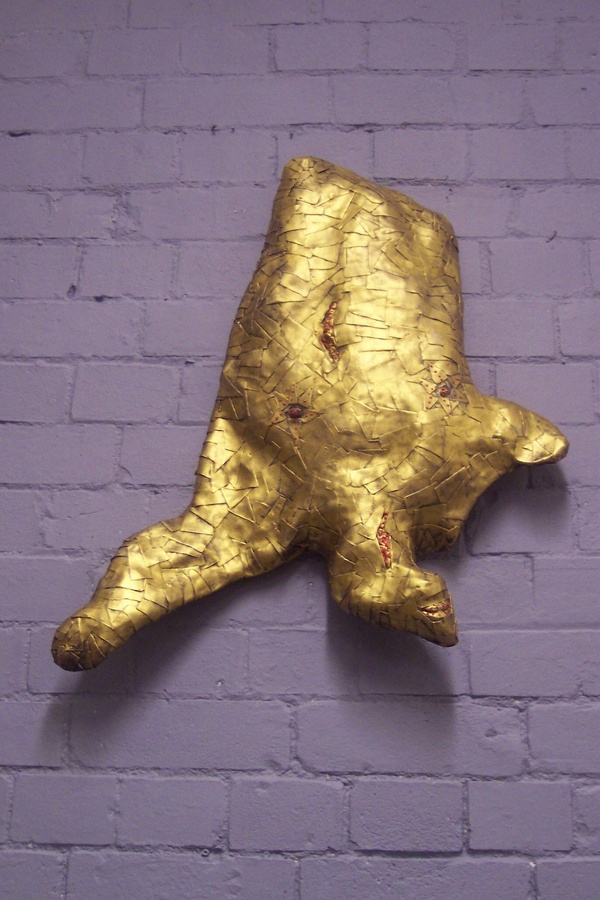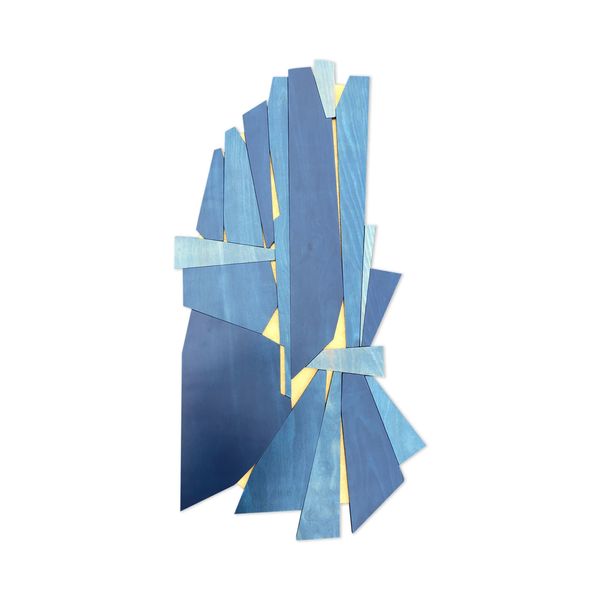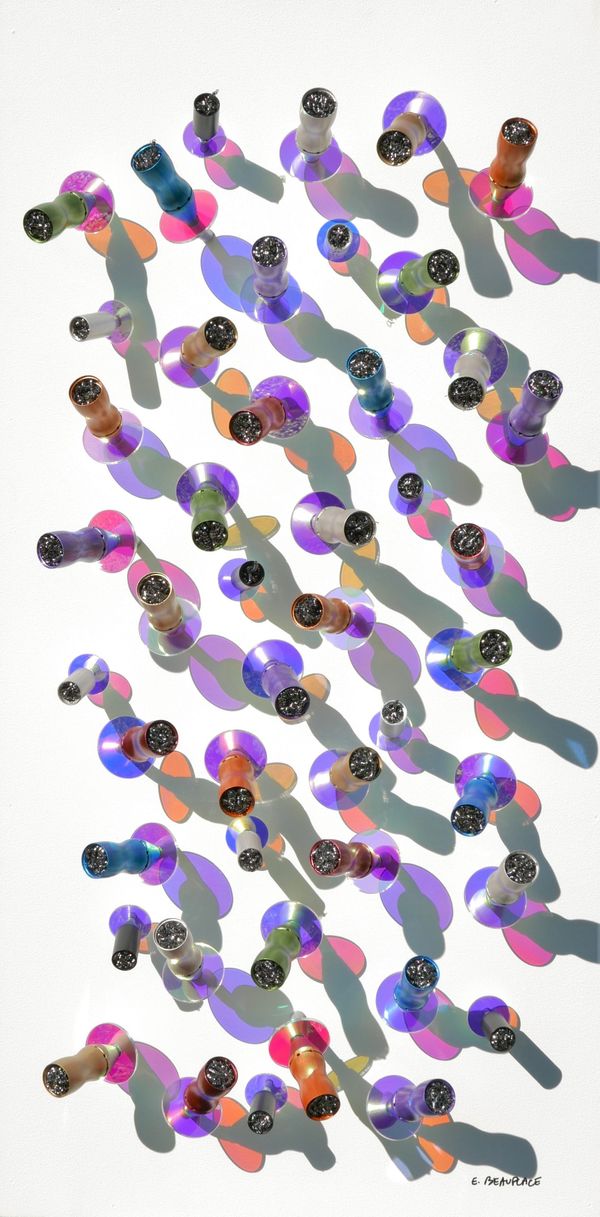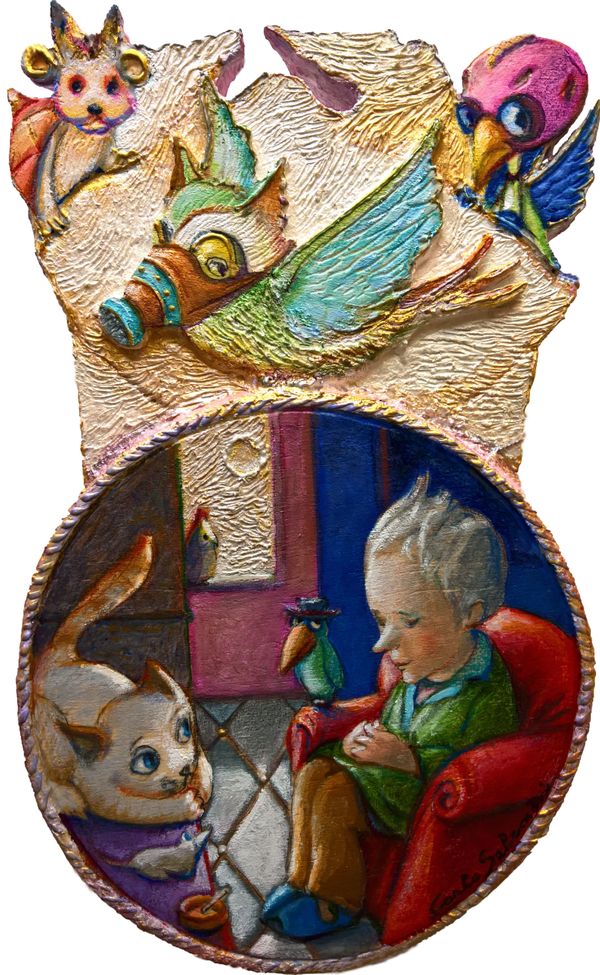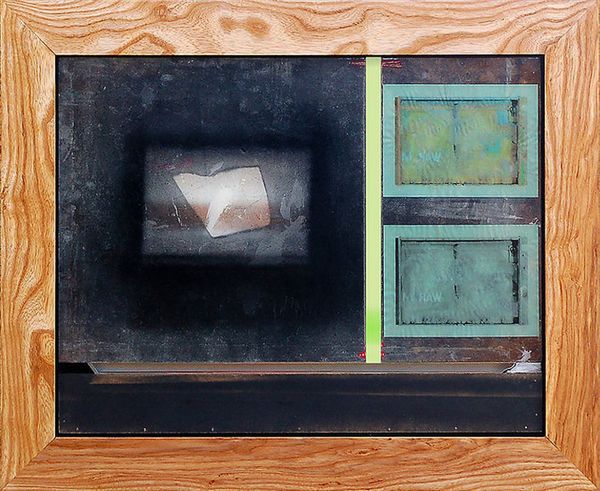
Transience In Suspension, 2012
Tony Alcock
Mixed media including LED lights
Original Sculpture, 69 x 56.5 x 6.2 cm
Unique Edition, 1 of 1
 Offered by
Offered by AMA Artworks
Return Policy
7 day, no risk, money back guarantee
Return Policy Terms
All return shipping costs are borne by the buyer. These would include any customs fees, brokerage fees, duties, taxes, etc. These are buyer's responsibility for transit BOTH ways. Concerning a returns request to be accepted, please note the following : If you are not completely happy with the work, it must be returned within the 7 days from reception, and certainly in the same condition as it was dispatched. Please note artworks for return shipment must be carefully prepared and packed in their original packaging in order to qualify for a refund. It is therefore important that you take care when unpacking the artwork on reception. After receiving the returned artwork safely, a refund for the price paid for the artwork will be promptly and willingly provided.
About Tony Alcock
I was born in Nottingham (UK) in June 1947. My post school art education included a Pre-Dip at Loughborough followed by studying Fine Art / Painting at Leicester Polytechnic. After graduating and producing my 'Light Organ', I enjoyed a couple of years being recognized as an original and practicing artist in the UK. However, I chose to pursue life as a teacher, gaining a PGCE from Bristol University, where I later briefly lectured in Art education.
Circumstances changed and I found myself working as a musician, became a music shop owner and eventually worked in a successful graphics based company, MOGO UK. From 1993, I was able to reactivate my artistic ambitions, identifying myself as AMA, I've always liked the symmetry of my initials. Most all the work on this Artlimes website will have been produced after 1993.
I hope you enjoy and get into the work you see, it can then speak for itself.
By the way, whatever you think about the art, I'm very good at wrapping up, packaging and dispatching the finished article!About the Product
‘The proneness to decay of all that is beautiful and perfect can, as we know, give rise to two different impulses in the mind. The one leads to the aching despondency felt by the young poet, while the other leads to rebellion against the fact asserted. No! it is impossible that all this loveliness of nature and art, of the world of our sensations and of the world outside, will really fade away into nothing. It would be too senseless and too presumptuous to believe it. Somehow or other this loveliness must be able to persist and to escape all the powers of destruction.
But this demand for immortality is a product of our wishes too unmistakable to lay claim to reality: what is painful may none the less be true. I could not see my way to dispute the transience of all things, nor could I insist upon an exception in favour of what is beautiful and perfect. But I did dispute the pessimistic poet’s view that the transience of what is beautiful involves any loss in its worth.
On the contrary, an increase! Transience value is scarcity value in time. Limitation in the possibility of an enjoyment raises the value of the enjoyment. It was incomprehensible, I declared, that the thought of the transience of beauty should interfere with our joy in it. As regards the beauty of nature, each time it is destroyed by winter it comes again next year, so that in relation to the length of our lives it can in fact be regarded as eternal. The beauty of the human form and face vanish for ever in the course of our own lives, but their evanescence only lends them a fresh charm. A flower that blossoms only for a single night does not seem to us on that account less lovely. Nor can I understand any better why the beauty and perfection of a work of art or of an intellectual achievement should lose its worth because of its temporal limitation. A time may indeed come when the pictures and statues which we admire to-day will crumble to dust, or a race of men may follow us who no longer understand the works of our poets and thinkers, or a geological epoch may even arrive when all animate life upon the earth ceases; but since the value of all this beauty and perfection is determined only by its significance for our own emotional lives, it has no need to survive us and is therefore independent of absolute duration.’
Excerpt taken from ‘On Transience’ by Sigmund Freud 1915. Translation by James Strachey
